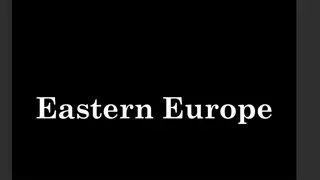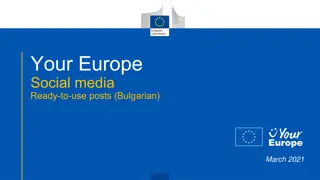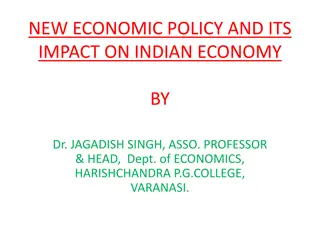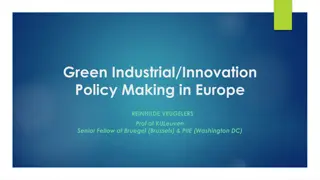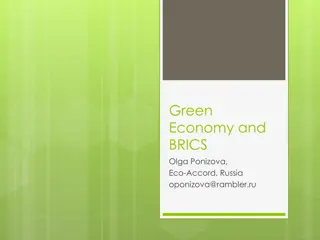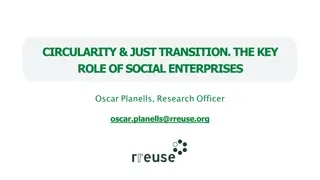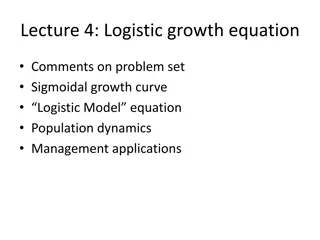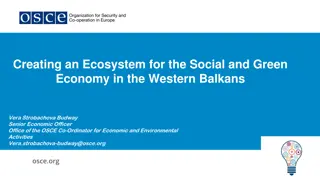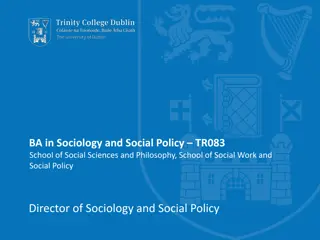Policy Support for Social Economy Growth in Europe
Examples of national level policy support for social economy growth in Spain, UK, France, Albania, Serbia, Poland, Ireland, Germany, and Scotland. Strategies, budgets, laws, and dialogues with stakeholders that have influenced the social enterprise sector positively. Successful initiatives in Italy and community-driven energy transition efforts across Europe.
Download Presentation

Please find below an Image/Link to download the presentation.
The content on the website is provided AS IS for your information and personal use only. It may not be sold, licensed, or shared on other websites without obtaining consent from the author.If you encounter any issues during the download, it is possible that the publisher has removed the file from their server.
You are allowed to download the files provided on this website for personal or commercial use, subject to the condition that they are used lawfully. All files are the property of their respective owners.
The content on the website is provided AS IS for your information and personal use only. It may not be sold, licensed, or shared on other websites without obtaining consent from the author.
E N D
Presentation Transcript
How to help social economy grow: some examples Policy Support at national level - bylaws and policy measures - laws on social enterprise/social economy (good and bad examples ) Spain, UK, France Albania, Serbia, Poland - national strategies (Ireland, Germany, Uk, Scotland) Important: - dedicated budget for the measures / law - laws and policies instruments = dialogue with stakeholders
How to help social economy grow: some examples that work the Government assigned policy responsibility for social enterprise to the newly established Department of Rural and Community Development. The strategic objectives of the Department include the advancement of the economic and social development of both rural and urban communities, and enabling communities disadvantaged by location or social issues to reach their full potential. The assignment of responsibility for social enterprise to the Department of Rural and Community Development provides an unprecedented opportunity for policy on social enterprise to be developed in a coordinated and integrated way
How to make social economy grow: some examples that work Italy - Public Contract Code One notable aspect is the emphasis on social and occupational inclusion. Specifically, Articles 57 and 61 of the code require tender notices to include specific clauses that guarantee the inclusion and a safer working environment for employees of economic operators and subcontractors. This measure aims to promote social cooperatives and enhance their participation in public contracts
How to support policy makers: some examples that work(ed) Mutual learning (EC) Peer learning and study visits between policy makers and among policy makers and social economy support organisations Peer reviews for ESF management authorities in Europe (Poland, Flanders, Italy, France, Scotland, Spain )
Energy and communities Energy communities play a crucial role in advancing the clean energy transition across Europe. These community-driven initiatives empower citizens to actively participate in reshaping our energy systems. Here are some key points about energy communities: 1.Definition and Purpose: 1. Energy communities are collective efforts organized around open, democratic participation and governance. 2. They aim to provide benefits to their members or the local community by promoting clean energy adoption and efficiency. 2.Legal Recognition: 1. The Clean Energy Package, which includes EU legislation, recognizes certain categories of community energy initiatives as energy communities. 2. These communities can take various legal forms, such as associations, cooperatives, partnerships, non-profit organizations, or limited liability companies.



